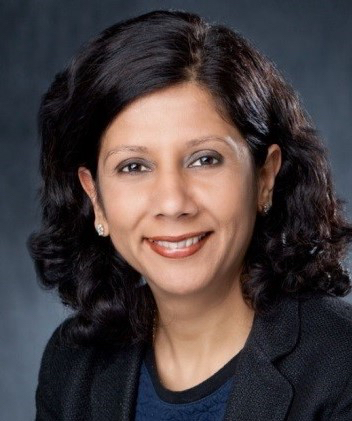By Binwa Sethi, MBA, MHRM, Senior Consultant & Tracy Duberman, PhD, PCC, President and Founder of The Leadership Development Group
The Future of Work is Here. With new ways of work, new types of work, and new work delivery models here to stay, focused attention needs to be paid to creating culture where employees feel valued, supported, and connected. The notion of belonging has emerged as an important theme for the future of work, especially in the context of Diversity, Equity, and Inclusion (DE&I). To help you on this path, we share our observations of potential obstacles and suggestions for building workplaces that promote diversity, equity, and inclusion:
Common challenges in developing and implementing DE&I initiatives:
- Application of DE&I concepts – While organizations are creating foundational knowledge about DE&I concepts through trainings on topics such as unconscious bias, privilege, covering and micro-aggressions, application of the DE&I concepts continues to be a challenge. Managers need to be better equipped to apply these concepts in their day-to-day interaction with employees to accelerate performance and build engagement.
- Collecting and analyzing data – Organizations need to implement measures to assess the strength of workplace relationships and enhance understanding of employees’ feelings about their manager, their teams, their senior leaders, and the broader organization. Disaggregating the data informs organizations about potential inequities, captures employee sentiments, and provides insights for focused action.
- Allocation of resources – Like any change process, organizations need to embark on their DE&I journey through a focused process that provides support to people with accountability and empathy. Very often there is a lack of resources (time, effort, and energy) allocated to drive meaningful cultural change.
- Alignment of DE&I priorities – To drive true cultural change, DE&I practices should drive workplace behaviors and talent management practices. Often, identifying and aligning on DE&I focus areas can be a challenge when other priorities require attention.
Strategies for DE&I Success:
To build an adequate pipeline of diverse leaders for the future and ensure diversity and inclusion at all levels, organizations should consider a multidimensional approach which includes:
Targeted Assessment & Coaching. Offer individual executive coaching to high potential leaders to enhance their overall DE&I leadership capabilities and build the capacity to respond constructively to diversity and inclusion challenges through self-advocacy.
DE&I Coaching for Sponsors. Invest in individual and group ‘sponsorship coaching’ for managers and executive leaders to enhance their ability to advocate for diverse talent and sharpen sponsorship efficacy. Being an effective sponsor, in and of itself, requires skill in challenging, stretching, showcasing, and promoting up-and-coming leaders. Be sure to include elements of DE&I as part of the organization’s overall succession planning process by developing sponsors to advocate for their protégés.
Embed in Onboarding Processes. The traditional approach to leader onboarding typically relies on the manager to lead the process. Expand the scope of onboarding to include a DE&I sponsor to embed DE&I as a core organizational value.
Embed Inclusion in the Leadership Development and Talent Management Framework. Be sure to include DE&I competencies (aka leadership behaviors that support DE&I) in your organization’s talent management processes. Set clear targets for assessing, selecting, developing, and promoting diverse leaders at all levels within the organization by augmenting talent developmentpractices, programs, and processes.
Team Alignment. Help leaders and their teams build a DE&I culture and commitment by bringing in an experienced facilitator to assist teams in exploring DE&I. Consider a clear, stepwise approach to team diversity that includes individual and team assessment and feedback, enhancing trust and open communication practices, clarification of preferences, roles and responsibilities, agreement to a shared vision for resolving conflict, developing clarity of decision making, and fostering continued growth and leadership development.
Elevate the Development of Diverse Leaders. Create a leadership academy focused on high potential diverse talent with the expressed objective of development for inclusion in the next level. Integrate a sponsor-protégé component into the program to enhance the protégé’s visibility and consideration for promotion.
Engaging your Organization. Consider enlisting the help of motivational speakers who can talk about the benefits, opportunities, and challenges of building a diverse and inclusive culture for underrepresented leaders across the organization.



